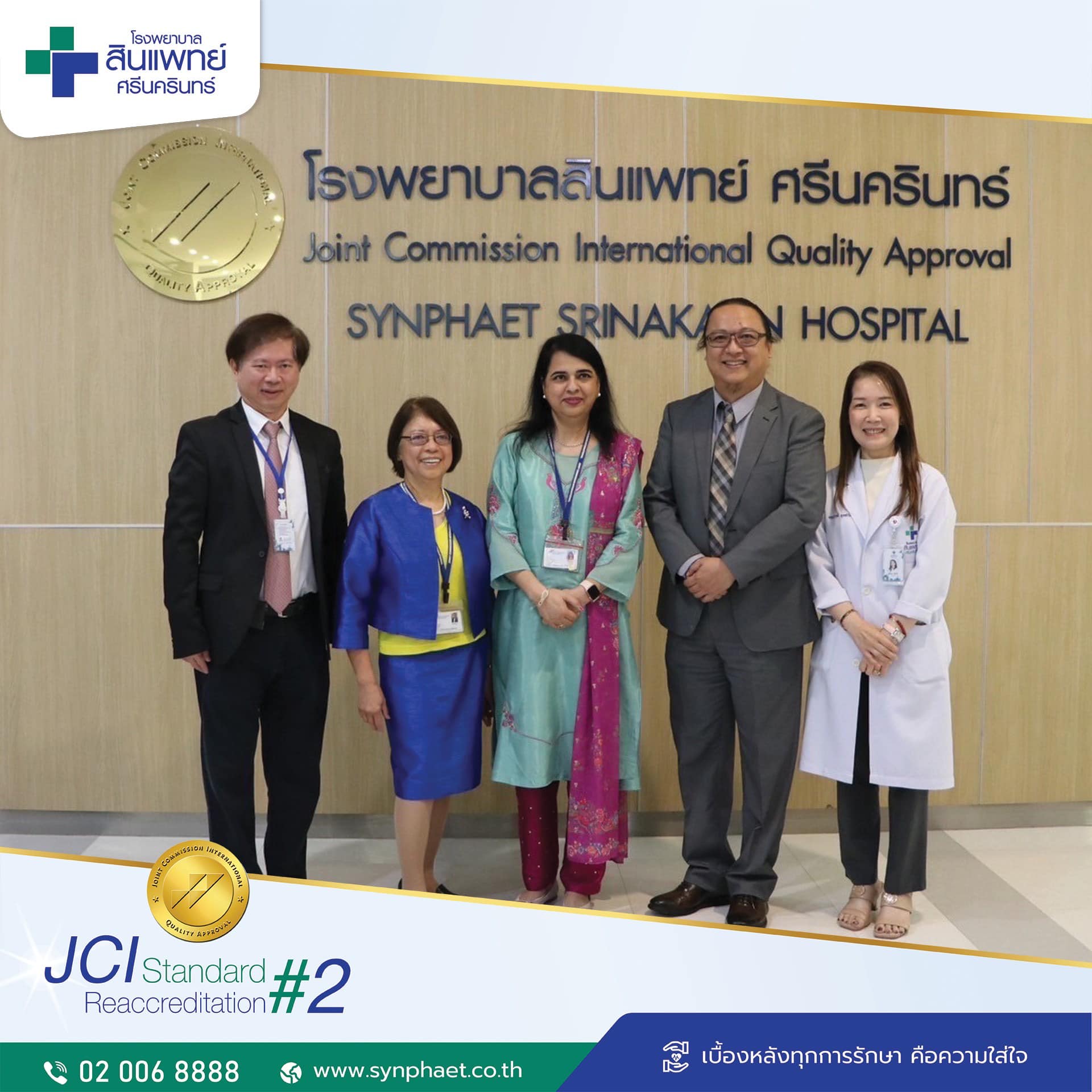Apr 14, 2025

High blood pressure (hypertension) is a condition where blood pressure is higher than normal, defined as ≥140/90 mmHg. This disease is a dangerous "silent threat" because patients may show no symptoms. However, without proper treatment, severe and life-threatening complications can occur.
Hypertension is a chronic disease that cannot be cured. Blood pressure-lowering medications help control blood pressure to normal levels, reducing the risk of complications. Patients should:
Visit a doctor regularly for treatment and take medications consistently.
Never stop, increase, or decrease medication doses without medical advice.
Some patients, after long-term medication use with no symptoms, may mistakenly believe they are cured and stop taking their medication. This can cause blood pressure to rise again, leading to complications.
Stroke: Brain hemorrhage or blockage, causing paralysis.
Coronary Artery Disease: Blocked heart arteries, leading to heart attacks or myocardial infarction.
Heart Enlargement: Abnormal thickening of the heart muscle.
Heart Failure: Fatigue, inability to lie flat, swelling.
Aortic Aneurysm: Weakening and rupture of the aorta in the chest or abdomen, which can cause sudden death.
Kidney Damage: Kidney deterioration or failure.
Retinal Damage: Blurred vision due to impaired blood flow to the retina.
If left untreated or poorly controlled, hypertension leads to serious complications. Patients must:
Take blood pressure medications as prescribed.
Adopt lifestyle changes:
Reduce salty and high-fat foods.
Exercise regularly.
Maintain a healthy weight.
Manage stress.
Attend regular medical check-ups for ongoing monitoring and treatment.
Uncontrolled hypertension is life-threatening. Consistent treatment saves lives!
